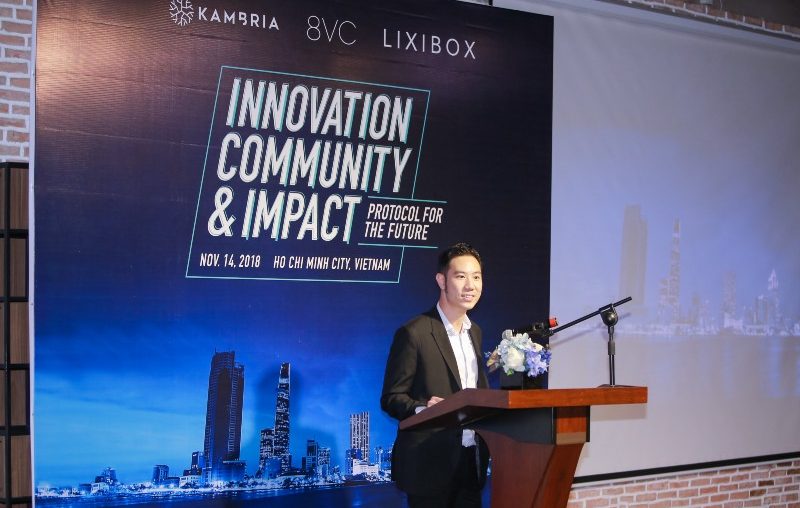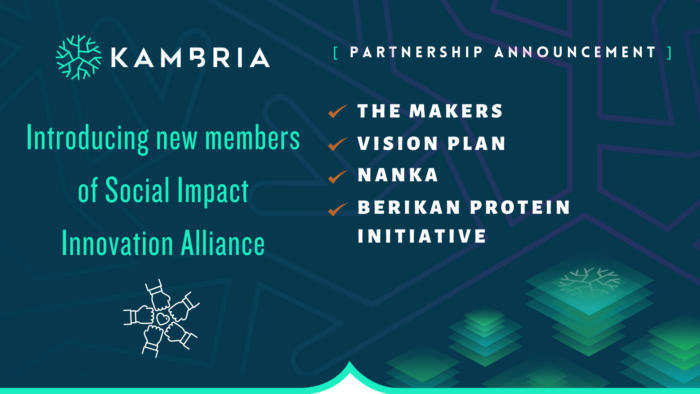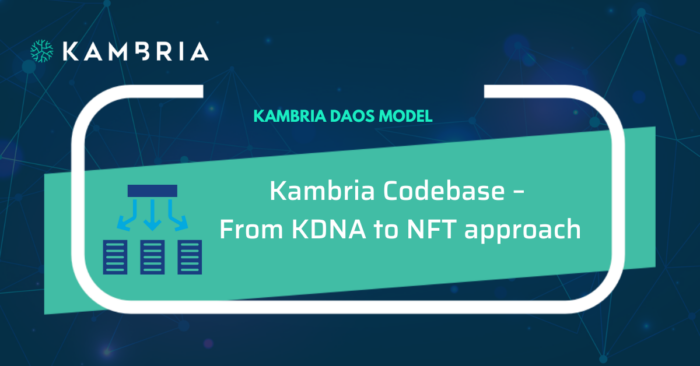This is Part 1 of a 3-part series recapping our event titled “Innovation, Community, Impact: Protocol for the Future” hosted by Kambria in partnership with Lixibox on November 14th. This event brought together prominent CEOs, successful investors, and other technology advocates to discuss entrepreneurship and how best to create an impact. There were SO many great insights shared by our esteemed guests that we’re summarizing them for you here. If you’d like to watch the event in its entirety, here is a link to the livestream.
Below are key takeaways from uber-successful entrepreneur and investor, Joe Lonsdale.
Joe Lonsdale’s Introduction
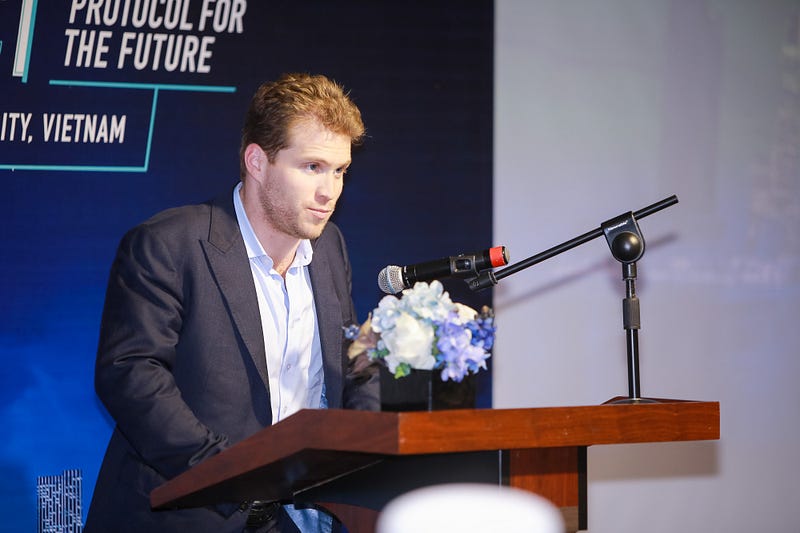
Joe Lonsdale is a partner at 8VC, a San Francisco-based venture capital firm, where he and his partners are very bullish on the startup ecosystem in Vietnam! The ecosystem is getting a lot stronger and Joe is very excited to see the first unicorn companies that will emerge from the region. He would like to see less outsourcing to Vietnam and more workers there being a core part of the team because that way everyone learns a lot more.
Joe is encouraged to see that the Vietnamese government is very pro-startup. There are a lot of concerns about data loss, which is a fair concern. Europe recently passed GDPR, which makes the environment harder for startups in Europe. Joe hopes Vietnam will be more like America and less like Europe regarding data loss to make it easier to build more businesses.
Fireside Chat with Thuc Vu and Joe Lonsdale: Innovation in Vietnam and Silicon Valley
After providing an introduction, Joe sat down with Thuc Vu, Kambria CEO and Co-founder to talk about innovation.
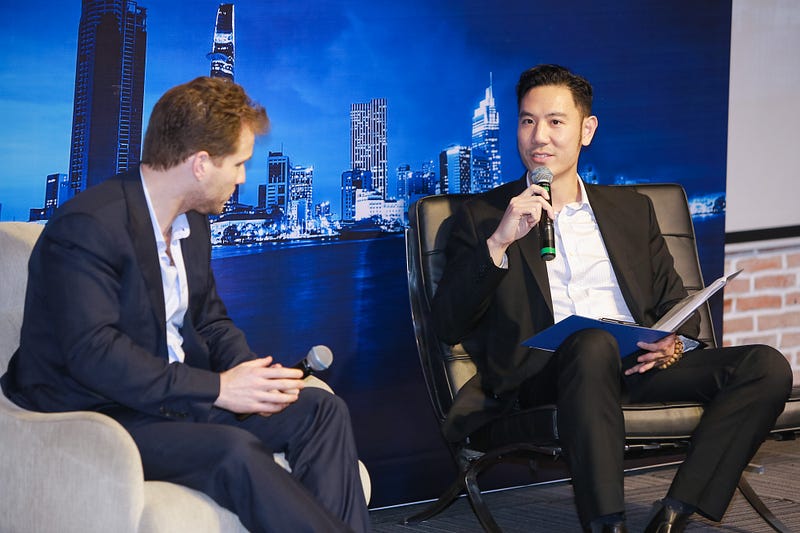
What drives you to work on one project after another?
Palantir started after 9/11 in America, but the government was using technology that was very old. Joe thinks entrepreneurship, when done correctly, is about solving problems. The best is when someone looks at how things should be done in the future compared to how the world works now. The entrepreneur’s job is to take the world from where it is to where it should be and make the industry work in a better way.
Here are you headed to? Where is that better world for you?
Right now, there is a renaissance going on in biology and it’s driven by IT engineering. There are all of these tools that let you learn about how the body works, how the cells work, how DNA and RNA interact, so many things related to synthetic biology. We can learn in weeks what used to take months to learn.
How do you balance your long-term vision with the need to make a profit in the shorter term?
You can’t build a business that only has a milestone in 20 years. Actually, you can’t do it if the first milestone is more than one or two years out. So for a lot of these businesses, the question is: what can be accomplished in the near term, what is tangible? Then when you hit each milestone you can raise more money. You have to have very clear goals, show your progress, keep your metrics to impact and show performance in the short-term.
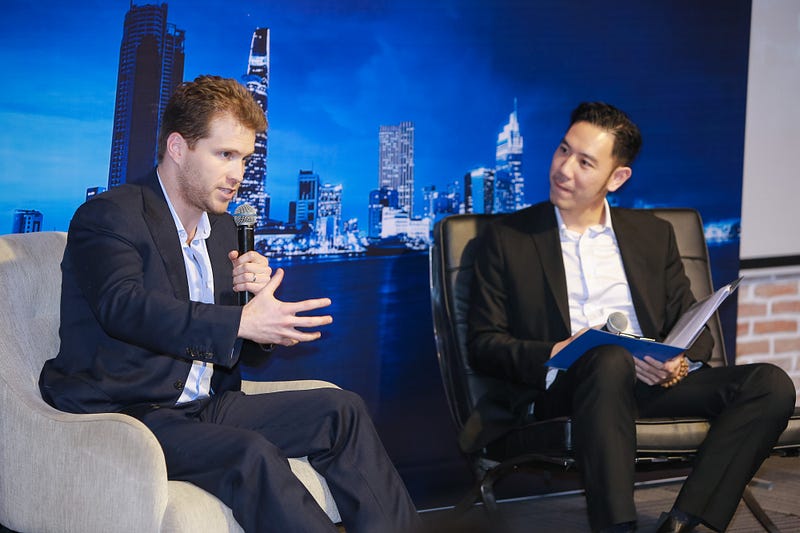
Thuc then asked Joe about gene editing, which is a huge frontier. Like cryptocurrency, this is one area where government has to be careful not to negatively impact innovation. We need to balance the future benefit of some technologies and let innovators research and investigate them without going too far. It’s a fine balance.
Regarding innovation, what advice do you have for entrepreneurs?
First of all, if you have another alternative, you probably shouldn’t start a company. It’s very hard! Starting a company is like trying to train for a medal in the Olympics. You have to be very obsessed. Second, the most common reasons startups don’t work is they don’t attract the very best engineers. Joe thinks building a technology culture should be your #1 focus and making sure you’re doing that is to make sure you have great engineers that own a piece of your company. China has changed a lot — all of the best people now care about equity. But one of the best things we can do for the ecosystem in Vietnam is to give a big upside to engineers.
How do you decide what problem(s) to solve? How do you know you’re not trying to solve an impossible problem?
Joe says you should work on something that’s going to make a difference in the world. It’s too hard to work non-stop on something for 4–5 years if you don’t feel it’s useful and that you’re contributing to society. Find something the world needs.
What advice would you give governments regarding regulation?
There are small things a government can do to help business and innovation and big things a government can do to mess it up. To help, governments can streamline things to make it easier to start a company, making it easy to talk to someone when you’re having a problem. But the bigger thing is what not to do is not to create rules that make it harder to work there.
How do we bridge the gap between Vietnam, Asia, and Silicon Valley?
The best way would be to offer a direct flight! But doing more to hire people here is something Joe and Jack Abraham are working. Incentivizing people to go away but then to come back and share the lessons they have learned would be a great thing.
What are you hoping to achieve here in the region on this trip and beyond?
I’m very excited to invest more directly in the ecosystem. Right now, I”m interested in hiring talent to build things and impact the space. The idea is that in 10 or 20 years, the people who helped build top companies can go on to build more things, similar to what happened at PayPal. So that key thing here is to build some really successful companies, have some wins together, then we can show everyone how it works. Then the very best people can then go on and build new companies.
What about people on the ground who don’t have funding? How do they get started?
The best thing I would do would be to learn about computer science or engineering. There are a lot of free resources. Try to find a great company, where other great engineers are going, and try to be part of that and learn from them.
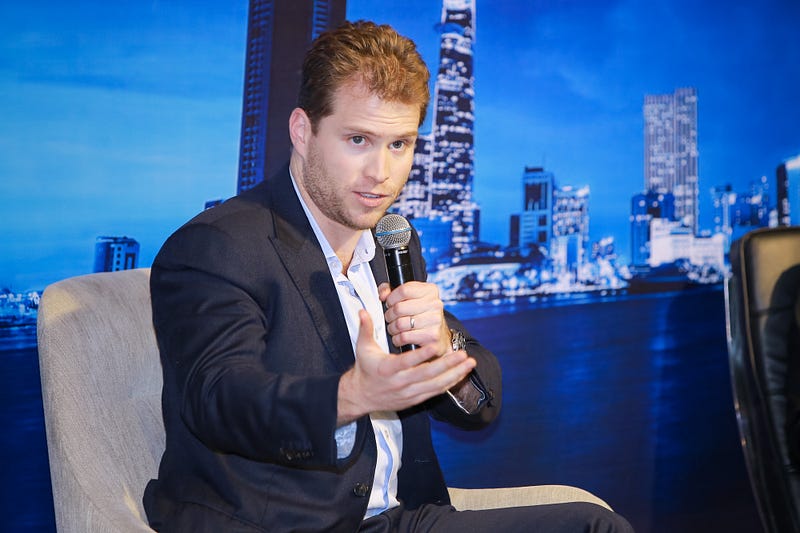
What factors drive innovation?
One thing is an education system where people are taught to debate, to challenge and to ask hard questions. You need to have a culture of constantly questioning and exploring new ideas to truly impact society.
What are the top 3 surprising things you’ve learned in your journey?
What is surprising is how broken the world is compared to what’s possible. If you actually get a bunch of smart people together and you work really hard, it is possible to impact things the completely change the world. I had no idea that as a 21-year-old with a handful of my friends that we could build a multi-billion dollar company. If you’re able to be confident and work hard, you can do much bigger things than you realize.
About Joe Lonsdale
Joe Lonsdale is a partner at 8VC, a San Francisco-based venture capital firm. He was an early institutional investor in many notable companies including Wish, Oculus, Illumio, Joby Aviation, Blend, RelateIQ, ZenReach, Color Genomics and uBiome, and in 2016 and 2017 was the youngest member of the Forbes 100 Midas List.
Joe is a co-founder of Palantir, a multi-billion dollar global software company best known for its impact in defense and finance. Most recently, he was a founding partner at Formation 8, one of the top performing private funds and the precursor to 8VC. Together, these funds manage a total committed capital of over $2.7 billion.
Before that, he founded Addepar, which has over $1 trillion managed on its wealth management technology platform, and OpenGov, which modernizes various processes for over 2,000 municipalities and state agencies. He is also a founder of Affinity, Anduin and Esper. Previously, Joe was an early executive at Clarium Capital, which he helped grow into a large global macro hedge fund. He also worked with PayPal while he was at Stanford.
Joe received a BS in Computer Science from Stanford in 2003. He often lectures and writes on entrepreneurship, technology, and public policy.
Stay tuned for more insights from our guests. In the meantime, please join us on Telegram or any of the social media channels linked below to learn about our upcoming events.
The Kambria Team
Website: https://kambria.io/
Whitepaper: http://bit.ly/2JbuET7
Telegram (ENG): https://t.me/kambriaofficial
Telegram (KOR): https://t.me/KambriaKorea
Telegram (VIE): https://t.me/KambriaVietnam
Telegram (CHN): https://t.me/KambriaChina
Twitter: https://twitter.com/KambriaNetwork
Facebook Page: https://facebook.com/KambriaNetwork
Facebook Group: https://www.facebook.com/groups/kambria/
Reddit: https://www.reddit.com/r/KambriaOfficial/
Medium (ENG): https://medium.com/kambria-network
Medium (CHN): https://Medium.com/kambriachina
Steemit: https://steemit.com/@kambrianetwork
Weibo (CHN): https://www.weibo.com/kambriachina
Email: info@kambria.io
KAT is sold to be used on the Kambria platform.
